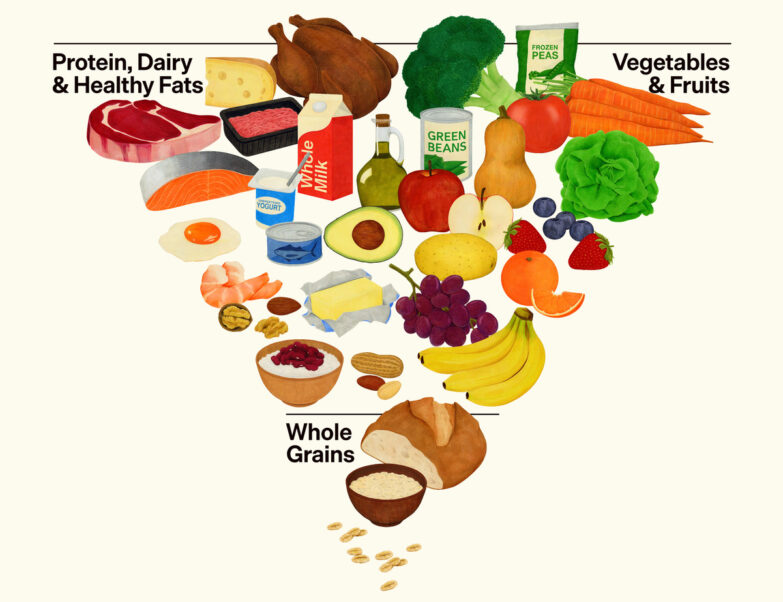Dietary Guidelines for Americans—What’s to Come?

Every 5 years, the U.S. Department of Health and Human Services and the U.S. Department of Agriculture update the Dietary Guidelines for Americans. A scientific advisory committee is recruited and installed in the 2 years before the DGA are released. This committee reviews the nutrition literature and provides nonbinding recommendations to the federal government. The committee’s report is posted publicly and is open to public comment. Eventually, the HHS and USDA publish the updated guidelines based on the scientific advisory committee’s recommendations, often with changes or omissions. (For a history of the DGA, see “Lessons From 40 Years of Dietary Guidelines” by Sanna Delmonico, MS, RDN, in the November issue of IDEA Fitness Journal.)
The release of the 2015–2020 Dietary Guidelines for Americans committee report raised much more public concern than previous editions. Many stakeholders criticized the scientific evaluation, the committee members’ qualifications and potential conflicts of interest, and the scope of work. In response, Congress assigned the National Academies of Sciences, Engineering and Medicine to evaluate the process used to develop the DGA and recommend improvements.
The National Academies recently released its assessment, which includes these recommendations:
- Improve transparency in recruitment of scientific advisory committee members and use a third party to review nominations ; identify, disclose and manage financial and nonfinancial conflicts of interest; and increase opportunity for public comment on the selection (rather than having the HHS and USDA simply appoint members).
- Clearly explain when the DGA omit or accept only parts of the conclusions of the committee’s recommendations.
- Use more rigorous scientific methods to review and evaluate the literature so that stakeholders and all Americans can have more trust in the recommendations.
- Use the most sophisticated and up-to-date processes to continuously improve the recommendations, rather than updating everything every 5 years.
- Focus the DGA on the entire population—including infants and toddlers and those with chronic diseases—not just healthy Americans ages 2 and older.
These recommendations will likely improve the process of developing the DGA going forward, should they be adopted by Congress.
Natalie Digate Muth, MD, MPH, RD
"Natalie Digate Muth, MD, MPH, RDN, FAAP, is a board-certified pediatrician and obesity medicine physician, registered dietitian and health coach. She practices general pediatrics with a focus on healthy family routines, nutrition, physical activity and behavior change in North County, San Diego. She also serves as the senior advisor for healthcare solutions at the American Council on Exercise. Natalie is the author of five books and is committed to helping every child and family thrive. She is a strong advocate for systems and communities that support prevention and wellness across the lifespan, beginning at 9 months of age."






